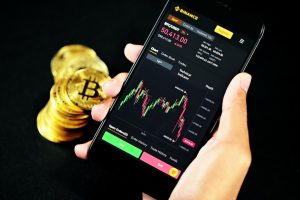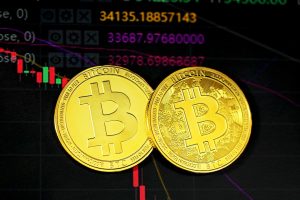Forex trading is a complex and highly competitive market, where millions of traders from around the world engage in buying and selling various currencies to make a profit. To participate in this market, traders need access to a trading platform, which is usually provided by a forex broker. A forex broker acts as an intermediary between the trader and the interbank market, where the actual trading takes place. In this article, we will explore who is a broker in forex and what their role is in the market.
A forex broker is a company or an individual that provides traders with access to the foreign exchange market. They offer a trading platform that enables traders to buy and sell currencies, as well as other financial instruments such as commodities, indices, and CFDs. Forex brokers earn their revenue by charging traders a commission on their trades, or through the spread, which is the difference between the buy and sell price of a currency pair.
Forex brokers are regulated by financial authorities in their respective countries. These regulations ensure that brokers uphold certain standards of conduct and provide traders with a fair and transparent trading environment. Some of the most reputable forex regulators include the Financial Conduct Authority (FCA) in the UK, the Australian Securities and Investments Commission (ASIC), and the Cyprus Securities and Exchange Commission (CySEC).
Forex brokers offer traders different types of trading accounts to suit their needs and trading styles. The most common types of accounts are standard, mini, and micro accounts. Standard accounts require a larger minimum deposit but offer lower spreads, while mini and micro accounts require smaller minimum deposits but offer higher spreads. Some brokers also offer demo accounts, which allow traders to practice their trading strategies without risking real money.
Forex brokers also provide traders with different types of trading platforms. The most popular platform is the MetaTrader 4 (MT4), which is a user-friendly and highly customizable platform that offers advanced charting tools and technical analysis indicators. Some brokers also offer their own proprietary trading platforms, which may offer additional features and functionalities.
Apart from providing access to the market, forex brokers also offer traders with educational resources and tools to help them improve their trading skills. These resources may include webinars, trading guides, video tutorials, and market analysis. Some brokers also provide traders with social trading platforms, where they can follow and copy the trades of successful traders.
One of the key roles of a forex broker is to provide traders with a reliable and secure trading environment. Brokers use advanced encryption technologies to protect traders’ personal and financial information, and they also implement strict risk management policies to protect traders from losing more than they can afford. Brokers also offer 24/7 customer support, which is essential for traders who may need assistance at any time of the day or night.
In conclusion, a forex broker is an essential component of the foreign exchange market, as they provide traders with access to the market and offer a wide range of trading tools and resources. When choosing a forex broker, traders should consider factors such as regulation, trading conditions, trading platforms, educational resources, and customer support. By choosing a reputable and reliable forex broker, traders can increase their chances of success in the market.





